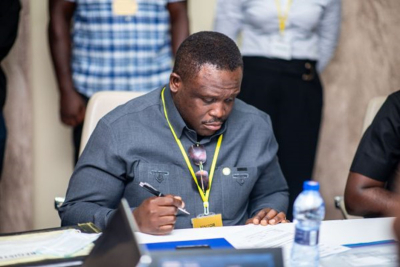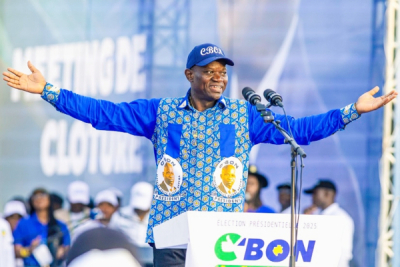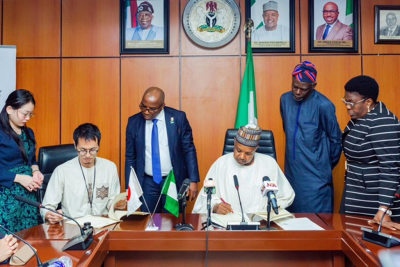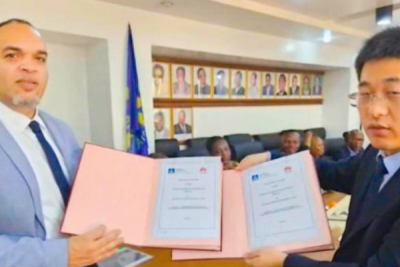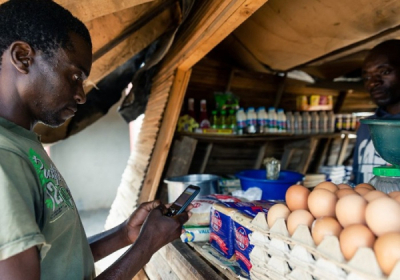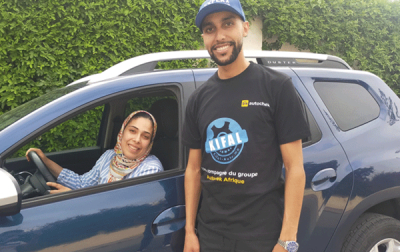Over the past few years, AI has been the focal point in global tech news. With its ever-expanding applications, there is a growing imperative to consider and address the security aspects associated with its widespread usage.
In a landmark move to bolster the safety of artificial intelligence (AI), 18 countries around the world have signed an agreement outlining a comprehensive framework for developing and deploying secure AI systems. The 20-page document, known as the Guidelines for Secure AI System Development, stipulates that companies involved in the development, deployment, or commercialization of AI must design their systems with inherent security measures to safeguard users and the public from potential harm.
"The release of the Guidelines for Secure AI System Development marks a key milestone in our collective commitment by governments across the world to ensure the development and deployment of artificial intelligence capabilities that are secure by design," said Jen Easterly, Director of the U.S. Cybersecurity and Infrastructure Security Agency (CISA).
This groundbreaking agreement follows three weeks after the inaugural international summit on AI, held from November 1 to 2 at Bletchley Park, England. It demonstrates global leaders’ will to proactively address the challenges and opportunities presented by the rapid advancement of AI technologies.
Beyond the core principle of "secure design," the agreement encompasses a range of recommendations, including Enhanced system security to prevent cyberattacks and unauthorized intrusions, Robust data protection measures to safeguard sensitive information, and Rigorous oversight of software suppliers to ensure compliance with security standards.
The 18 signatory nations include the United States, the United Kingdom, Italy, the Czech Republic, Estonia, Poland, Australia, Chile, Israel, Nigeria, Singapore, Japan, South Korea, Norway, France, New Zealand, Canada, and Germany. Notably, China, a major player in AI development, was excluded from the agreement due to ongoing U.S. sanctions.
Samira Njoya



